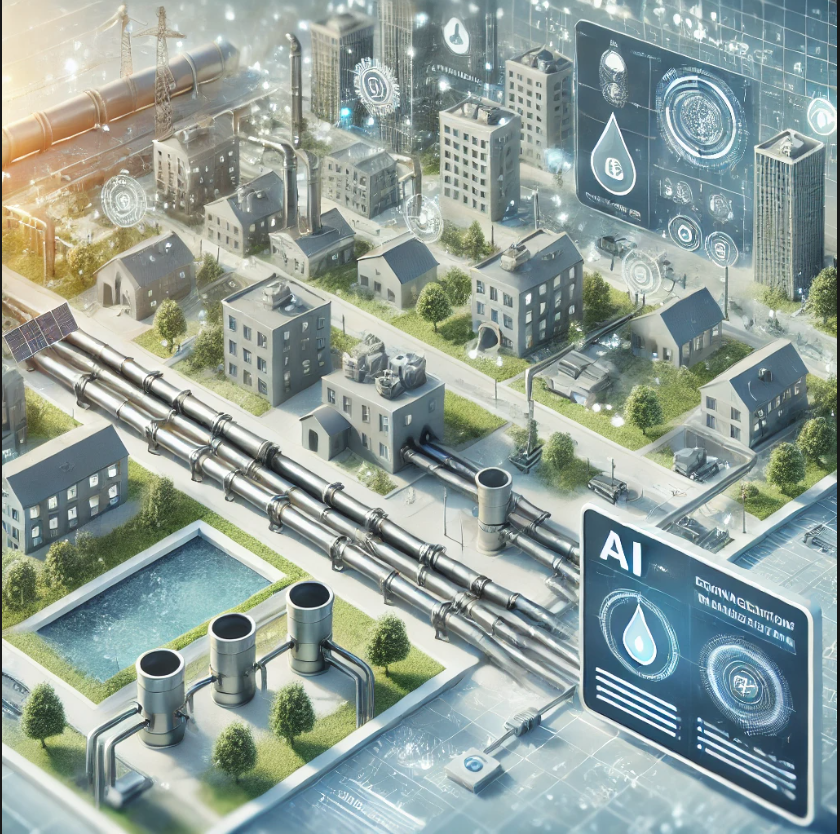Modern cities require reliable and cost-effective heating systems. The AI GEEKS team has introduced a groundbreaking solution that helps manage thermal networks with high precision and minimal costs.
What is a Thermal Network?
A thermal network is an engineering system designed to transfer thermal energy from a heat source (such as boilers or thermal power plants) to end-users: residential buildings, enterprises, and institutions. The system is primarily composed of pipelines through which heated water or steam circulates, providing heating and hot water supply.
However, managing such networks comes with several challenges: minimizing energy consumption, maintaining comfortable temperatures, and preventing accidents. AI GEEKS have found a way to make this process simpler and more efficient.
Key Challenges of Heat Supply
AI GEEKS have identified key issues that can be addressed using artificial intelligence:
- Energy Consumption Optimization — Predicting water temperatures allows for regulating the operation of boilers, pumps, and equipment, minimizing energy costs.
- Improving Heat Supply Quality — Accurate data helps maintain comfortable indoor temperatures amid changing weather conditions.
- Accident Prevention — The system predicts anomalies, preventing overloads and equipment damage.
- System Operation Planning — Forecasts enable optimizing equipment operation schedules, especially during peak periods.
- Reducing Fuel Costs — Minimizing errors in calculations helps cut fuel consumption expenses.
- Environmental Efficiency — Precise system management reduces carbon dioxide emissions.
How Does the Solution Work?
The AI GEEKS system uses a dataset collected from thermal networks. A total of 32,547 hourly records were analyzed. Key parameters include:
- Supply and return water temperatures.
- Water pressure and mass.
- Thermal energy.
- Temperature and mass differences.
Using this data, the AI GEEKS team trained machine learning algorithms. The final model demonstrated impressive results:
- 24-hour Forecast: an error margin of only 1.17°C.
- Weekly Forecast: an error margin of 14°C.
Additionally, the model can predict the pressure and mass of returned water, providing a comprehensive approach to system management.
Results and Benefits
The new system opens up numerous opportunities for urban thermal networks:
- Reduced energy and fuel consumption costs.
- Improved stability of heat supply.
- Decreased accidents and maintenance expenses.
- Lower CO₂ emissions and environmental impact.
“We are proud of our solution. Artificial intelligence not only enables temperature prediction but also fully optimizes the operation of the entire heat supply system,” noted AI GEEKS.
Implementation Prospects
The AI GEEKS innovation is ready for large-scale implementation in cities. This solution will become an integral part of smart cities of the future, where technology works for the benefit of residents and the environment.
